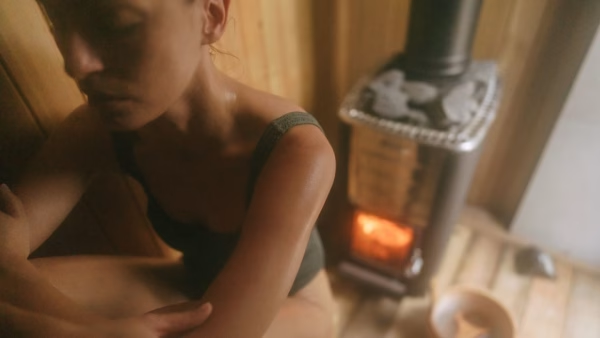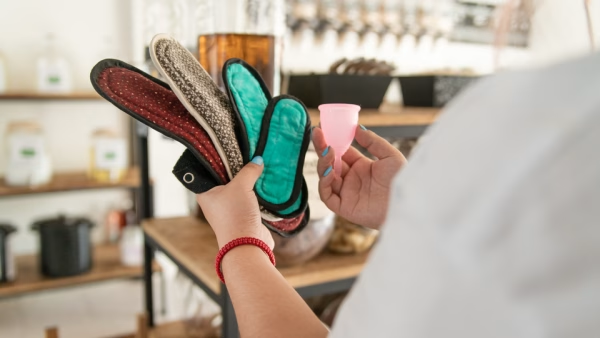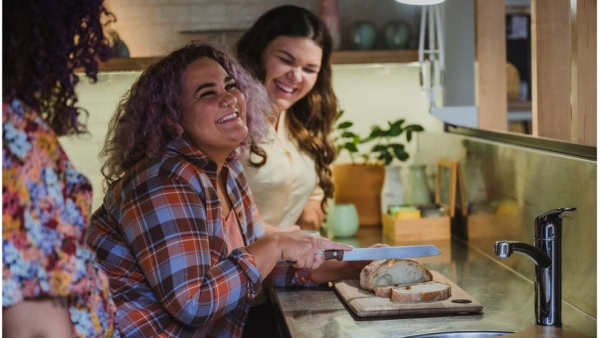Preparing for a job interview as an international student
The secret to succeeding in your job interview is simple


Congratulations, your dazzling resume got you an interview!
Don’t worry – most people feel a bit nervous about going to an interview. But the secret to calming your nerves and raising your confidence is really quite simple.
What’s the secret? Preparation.
Before the interview
1. Research
Read as much as you can about the company and position. This information will not only inform your interview answers, but it will also help you work out what kind of questions you’d like to ask in the interview.
Find out the names and positions of the people who will be interviewing you and be sure to refer to them by name throughout the interview.
2. Practice interview responses
Interviews can be stressful. Being clear in advance on the points you want to make will take the pressure off and help you perform better when it counts.
In preparing responses, it’s important to consider what you really think and feel, and not just what you think will land you the job. Employers want to speak to you, not a perfect robot!
Consider what you really think and feel, not what you think you should say in order to land the job
Ask a friend to run through a mock interview with you. Yes, it might feel silly, but you’ll be surprised how much it increases your confidence.
Here are some of the most commonly asked interview questions:
Tell us about yourself.
What they’re really asking for is a quick summary of where you are in your career. For example, are you recently graduated, or perhaps looking to switch industries? You should also bring up your skills and experience. Be sure to mention that you bring diversity and a new perspective to the workplace. If you are bilingual or have extra knowledge of particular markets and regions, definitely let your interviewer know. Be brief but try to add to the information in your resume rather than just repeating what they already know from your application.What interests you about the job?
Nothing is as attractive as enthusiasm, so hopefully you do really like the position. Be specific about how your experience is a good match for the responsibilities of the job, and what you think you could offer.Do you have an appropriate visa to work in Australia?
If you’ve done your homework, this answer should be yes. Before you head into your interview, make sure you read up on visa requirements. Check out our article on 3 things you need to do before you apply for a job in Australia for more information.Although you might not be asked about insurance, you'll need to make sure you have a current international worker's health insurance policy. Fortunately, a quick chat with nib can help you make sure you have the right cover. Head to our overseas visitor health insurance page or call 1800 775 204 to discuss your health insurance needs.Why do you want to work for us?
Rather than ”I just want a job”, reiterate why you think your skills are a good match for the company, and mention some of the aspects of the company’s products or services that interest you.What could you bring to the job?
This is a great opportunity to include the particular skills you bring as an international student. You have demonstrated resilience, have been hard-working enough to not only qualify for university internationally, but to fit into a foreign education system. You may be bilingual and you probably bring a fresh perspective. Don’t be shy!What are your weaknesses?
Just one or two will be enough, and try and make your weaknesses more desirable in the interviewer’s eyes, if possible. For example, “My attention to detail can occasionally annoy my flatmates”.What salary would you expect?
This is one of the hardest questions to answer. Find out what others are being paid for similar roles and be general in your answer. You could say something like “based on my skills and experience, I would expect between $X and $Y.” Or something like ”I know people in similar roles are getting $X and my expectations are in line with that amount.”Do you have any questions for us?
Prepare a couple of questions for the interviewers to show that you’re interested in the role itself as well as the company.
3. Get organised
Print an extra copy of your resume
Prepare your outfit and dress slightly more conservatively than you would dress for the actual job
Plan your route, aiming to arrive at least fifteen minutes early
4. Visualise
Research shows that visualising an event beforehand greatly improves your performance on the day.
Close your eyes and breathe deeply. Imagine getting dressed and making your way to the interview. Picture yourself greeting the people interviewing you by name and calmly responding to questions.
If you start feeling nervous, consciously slowing down your breath will calm you down. A great breathing technique to learn for calming nerves is the four, seven, eight breath. Breathe in for the count of four, hold for seven and breathe out for eight.
5. During the interview
Don’t rush. Resist the urge to smoke any pre-interview cigarettes, chew gum or wear strong perfume.
Your interview begins as soon as you arrive. Switch off your mobile phone, be nice to the receptionist and don’t take calls while you’re waiting. If you’re nervous, practise your breathing technique.
Australian interview etiquette is relaxed and relatively informal. As you walk in, smile, and make eye contact with each person as you shake their hand.
Slow down and really listen to what people are saying. Don’t be afraid to pause and take time to consider your response if you need it.
Continue to make eye contact throughout the interview. And remember, they want you to succeed as much as you do!
6. After the interview
Always send an email thanking your potential employer for the interview and reminding them how you can contribute to the role and the company. Also connect with your interviewer via LinkedIn, and prepare your referees.
The science and benefits of sauna use
Do saunas have any actual health benefits or are they just a sweat-inducing hoax?
The best period products for your period
Every cycle is different, and the best period products for you may differ for someone else.
Your menstrual cycle – what’s healthy and what’s not?
No two menstrual cycles are the same, however, there are some general principles to keep in mind




